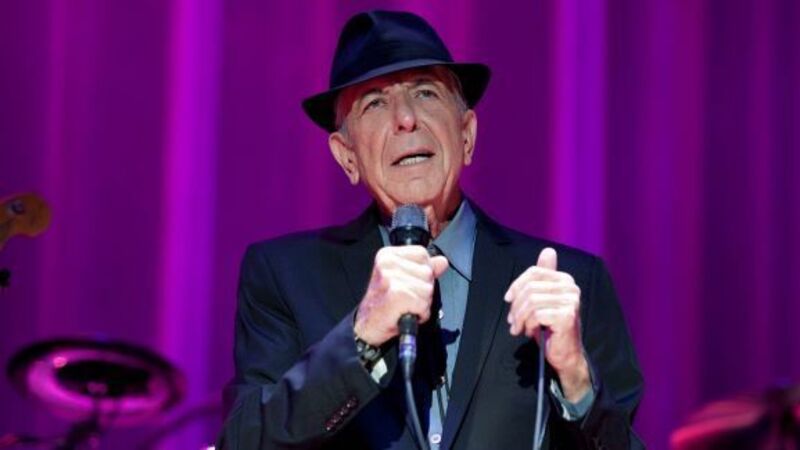The grace in Cohen’s work a map for today

There is a symmetry in this, one that might appeal to Cohen’s wonderfully black sense of humour. He was one of our times’ great war poets in mufti. His frontlines were our emotional landscapes and the dark shadows always ready to cloud them over, our deep discomfort with the candour that lifted his work far, far above the ordinary, our sexual confusions, ambitions and ambiguities, and the celebration of the empowering/crushing need to engage with some sort of spirituality that many deny but very few escape.
That these highly moral, save-yourselves, save-each-other invocations were delivered in a voice that dripped maple syrup hiding the steel in his velvet glove. His haunting, bass purring could not really hide the snarl, the chastisement in his work. He may have seemed avuncular but he had travelled far too far, seen and heard far, far too much to pretend all was rosy in the garden. For anyone who cared to hear, he called us to account for ourselves, our actions and, probably most of all, our capacity to look away, to ignore.














